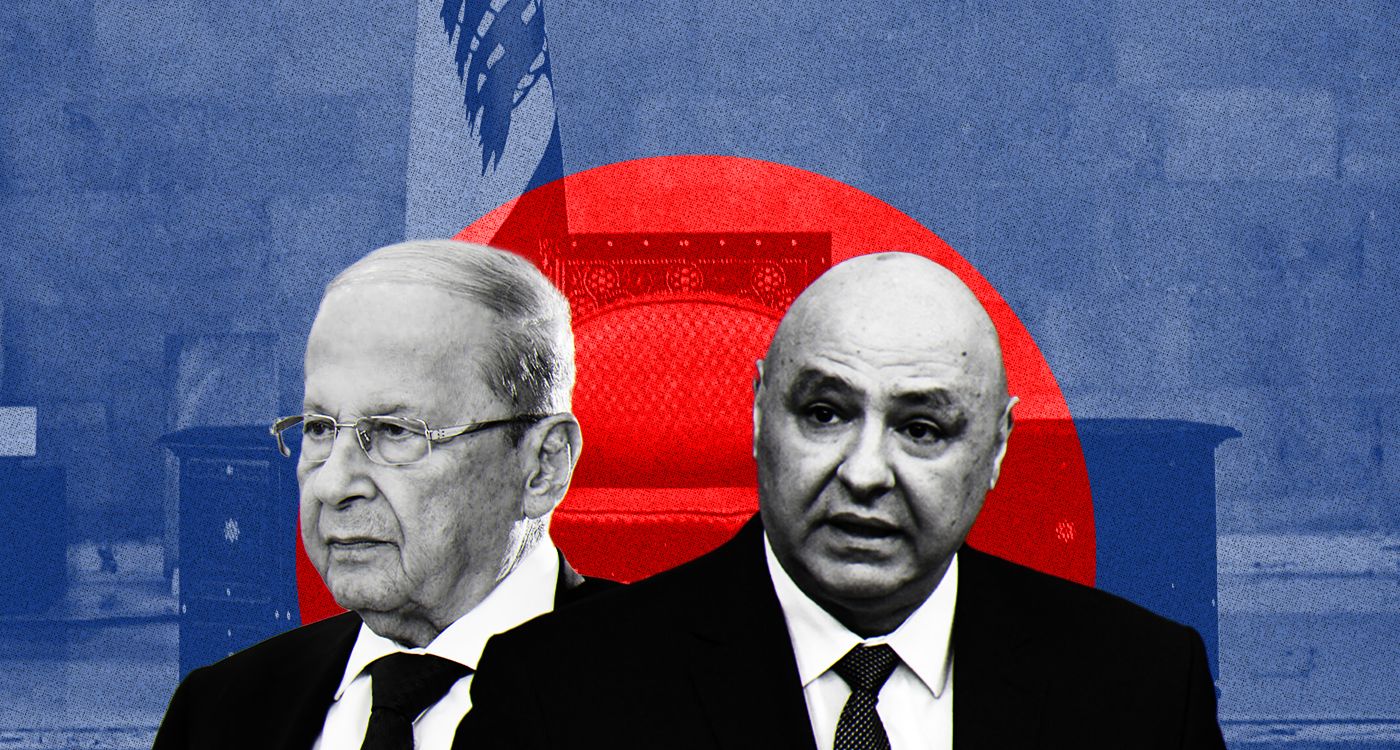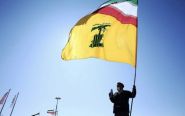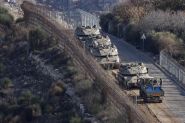
As Joseph Aoun takes office as President of the Lebanese Republic, he inherits more than just a position: he carries a name weighed down by a heavy legacy. Michel Aoun, his predecessor, left his mark on Lebanon’s history as the embodiment of failed governance, an unwavering ally of Hezbollah and its destructive agenda for Lebanon, and a submissive enforcer of the Assad regime’s dictates.
Aoun vs. Aoun
In his inaugural address, Joseph Aoun signaled a decisive break from the past, presenting bold promises and a reformist vision. In many ways, he seems determined to embody everything Michel Aoun, his predecessor, was not.
Where the former president left behind a divided state, weakened by corruption and mired in harmful alliances, the new head of state has pledged to restore institutional authority and uphold the rule of law.
While Michel Aoun, a staunch ally of Hezbollah, saw the army as weak and dependent on support from the pro-Iranian militia, the new president advocates for the state’s exclusive control over arms—a cornerstone of any liberal and, by extension, civilized society.
Where Michel Aoun saw a country spiraling into ruin, Joseph Aoun plants the seeds of new hope for future generations.
While Michel Aoun aligned himself with Hezbollah under the guise of "protecting" the "resistance," Joseph Aoun takes a stance that positions him as a potential architect of a neutral Lebanon, rejecting the path of dragging the country into crusades toward Jerusalem through Jounieh.
The Monopoly On Arms
By adopting a discourse that sharply contrasts with that of his predecessor, Joseph Aoun has challenged the practices tolerated, even encouraged, under Michel Aoun's mandate, embodying a vision that restores the Lebanese state's central role, long overshadowed by non-state actors. In doing so, he tackles one of the most deeply entrenched taboos in Lebanon's political landscape: the monopoly on arms.
The promise to initiate a debate on a national defense strategy, clearly defining the state's exclusive role in defending the nation, is unprecedented in Lebanon's contemporary history.
Despite his military background, Michel Aoun had carefully avoided this issue, opting instead to strengthen his alliance with Hezbollah, even at the cost of sacrificing national sovereignty for what he called the "protection of the resistance."
The End of the Patronage System?
Joseph Aoun's pledges, particularly regarding judicial independence, the separation of powers, the fight against corruption, and the dismantling of "security strongholds," touch on sensitive issues that reflect the hopes of the Lebanese people.
Meanwhile, Michel Aoun ended up reinforcing a system of patronage and privileges for his close circle (beginning with his notorious son-in-law), leaving the public administration and judiciary in a state of severe disrepair.
The obstruction of judicial appointments, noted by Joseph Aoun, stands as a clear symbol of the toxic legacy left by his predecessor.
Syria and Arab Relations: Twofold Challenge
The new president also stressed the importance of normalizing relations with (the new) Syria while strengthening ties with Arab countries.
This brings to mind some of the contradictions of his predecessor. Michel Aoun was accused of prioritizing his alliance with Hezbollah and the Syrian regime at the expense of Arab relations.
Joseph Aoun, on the other hand, is trying to present himself as a balanced interlocutor, though it remains to be seen how he will navigate these sensitive issues.
A Tremendous Responsibility Ahead
Ultimately, Joseph Aoun takes office with a mandate heavy with symbolism, but also fraught with Herculean challenges. He inherits a country in ruins, a crippled economy, and a drained population, especially after the recent war.
While he has promised to turn the page on Michel Aoun’s era, it remains to be seen whether his ambitious journey will be hindered by unwelcome obstacles, both domestic and foreign.
Joseph Aoun may have started his term with a clear vision and firm resolve, but he walks a tightrope. Between the expectations of the Lebanese, international pressures, and internal resistance, he will need to prove that he is more than just the antithesis of Michel Aoun: he must become a true agent of change.




Comments